Introducing the New 2018 Team

Happy 2018, fellow ethnomusicologists and music scholars! I am excited to continue as the Editor-in-Chief for Volume 22 of Ethnomusicology Review. We have maintained our push towards translation projects; we publish non-English articles, we have our articles translated into other languages, and a new Sounding Board section will focus on providing English reviews of non-English books and articles. We want to thank the Ascidiacea Collective for translating a number of our book reviews for French readers and to the French site, nonfiction, for hosting the articles.
This year we will continue our busy reviews section, features, and announcements as well as accept submissions for the Journal Volume.
Volume 22 will go to press in November. The deadline to submit is April 2nd.
Our Sounding Board also accepts shorter pieces on a rolling basis, contact the section associate editor to submit.
A special thanks to Rosaleen Rhee, our outgoing Managing Editor of Sounding Board! Thank you for all your time, knowledge, and energy. Ethnomusicology Review is better because of it. I also want to thank our outgoing associate editors, Pablo Infante-Amate (Bring the Noise), Molly Jones (Space is the Place), and Gabriel Lavin (Historical Perspectives), and welcome our new editors, Lucas Avidan, Amy Brandon, and Alfredo Rivera. I will introduce them and our continuing editors below.
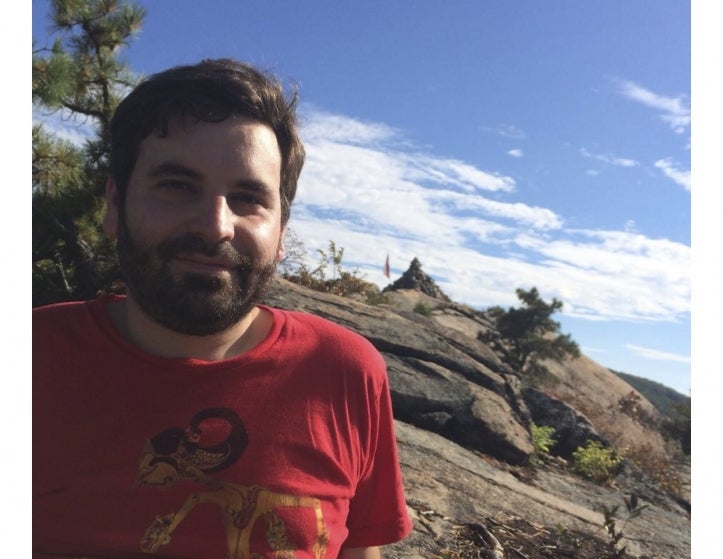
Otto Stuparitz is the Editor-in-Chief of Ethnomusicology Review and a Ph.D. student in UCLA’s Department of Ethnomusicology. He is a Chicago native and received his B.A. in music history from the University of Illinois at Urbana-Champaign focusing on the aesthetics and distribution networks in the Urbana-Champaign recording studio community. His M.A. described the pedagogical methods of Balinese gamelan gong kebyar musicians and the relationships of time, economics, and value. His dissertation project explores the history and contemporary practice of Indonesian jazz.
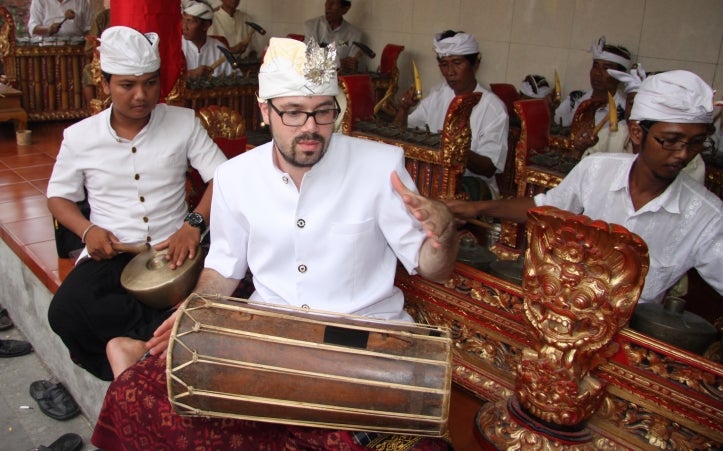
Tyler Yamin is a PhD student in the UCLA Department of Ethnomusicology. He holds a B.F.A in World Music (’10) and an M.F.A in Balinese and Javanese Music and Dance (’12) from the California Institute of the Arts, and is artistic director of the University of San Diego Balinese gamelan ensemble. Inspired by the recent anthropological turns towards ontology, multispecies relations, and animism, his research emphasizes ethnographic accounts of musical practices that complicate the notions of human exceptionalism so fundamental to the advent of our current Anthropocene predicament.
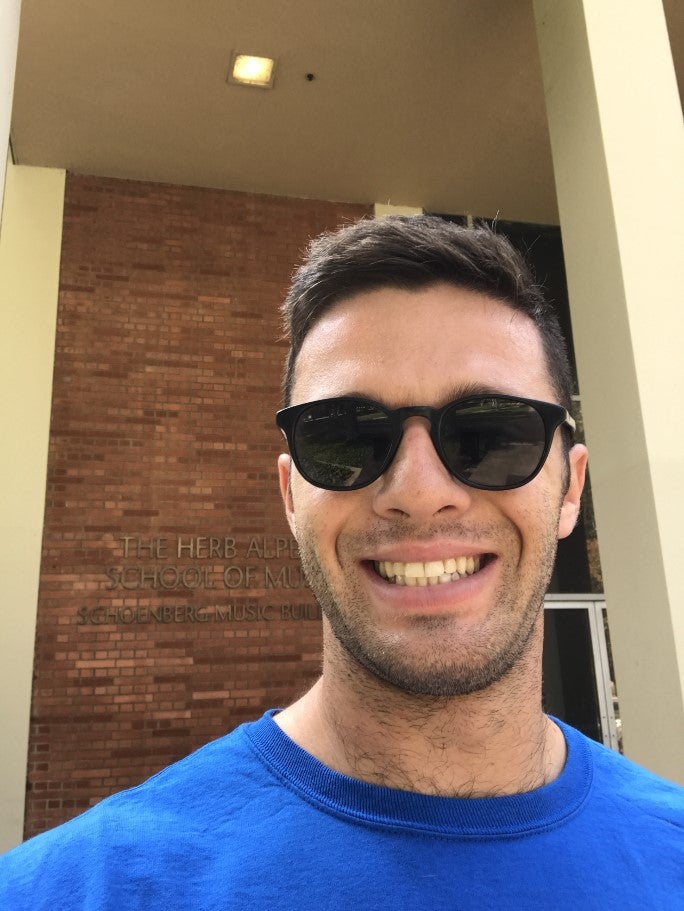
Lucas Avidan is the Managing Editor of Sounding Board and a graduate student in the UCLA department of Ethnomusicology. He received his B.A. in Music and English at Middlebury College. His research interests include popular music and hip hop. He is currently focusing on a form of popular music from Dar es Salaam Tanzania called bongo flava. He also plays trombone in the Mingus Ensemble at UCLA.
William Matczynski is the Reviews Editor and a Ph.D. student in the Department of Ethnomusicology at UCLA. He holds a B.A. in music, anthropology, and African studies from Macalester College in St. Paul, MN. His research interests include theory and history of anthropology, political economy, popular culture, and media in West Africa. His current research focuses on music, sound, and media in the Ga-Mashie community of Accra, Ghana, tracing the intersections of ethnic minority, urban space, and the Ga Homowo Festival. As a percussionist and guitarist, he performs traditional music from Ghana and Nigeria and studies highlife and soukous guitar styles.
Associate Editors of Sounding Board
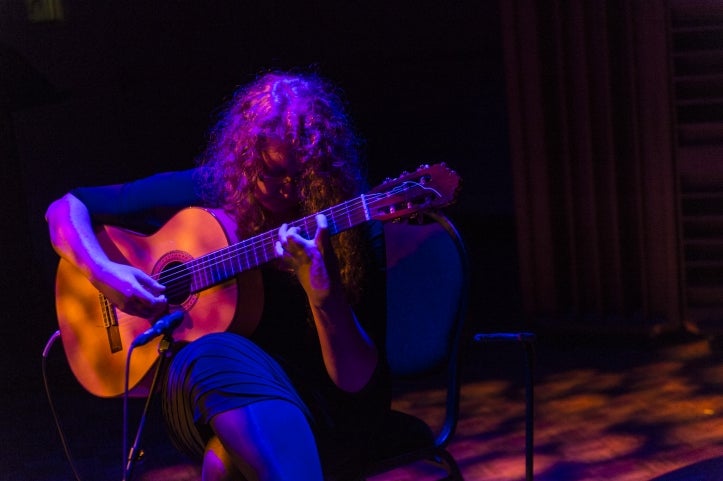
Holding degrees in jazz guitar performance and composition, guitarist Amy Brandon is currently completing an interdisciplinary PhD in music cognition at Dalhousie University in Halifax, Nova Scotia. She has performed in Canada, the USA, Brazil, Australia, New Zealand and the UK, and at festivals including ISIM, BeAST FeAST and NYCEMF. She has received commissions to write for Canadian and international ensembles including SNIM (Austria), Caution Tape Sound Collective (CAN), Black Sheep Contemporary Ensemble (USA) and Vox London Collective (UK). Awards include the National Sawdust Hildegard Competition (Honourable Mention), nominations for Music Nova Scotia and ECMA awards for her jazz-electroacoustic album 'Scavenger', and the Roberta Stephen Award from the Association of Canadian Women Composers. In addition to performance and composition, she writes and presents academic work concerning music cognition, virtual reality, improvisation and the guitar. She has presented her work at Berklee College of Music and conferences in Australia, USA, Switzerland, Hungary and the UK.
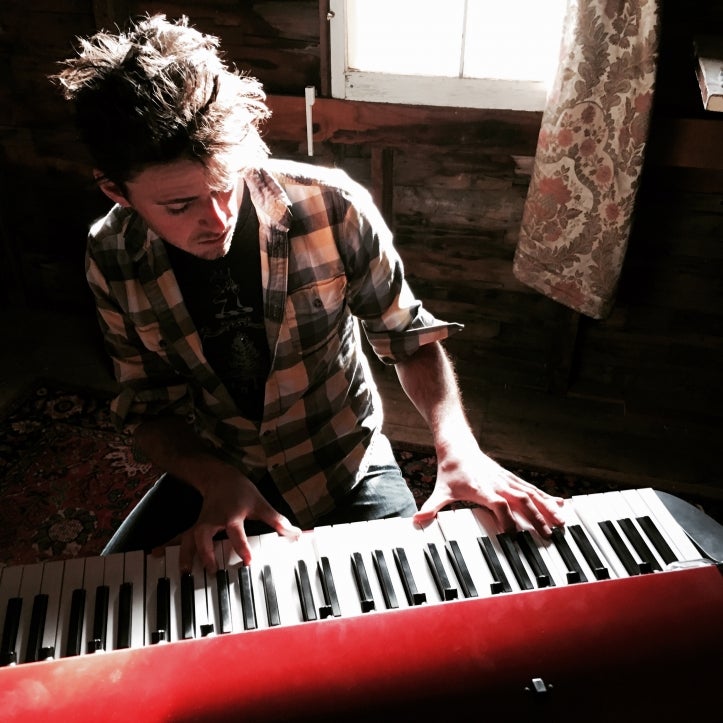
Ben Cosgrove curates Ecomusicology. Ben is a multi-instrumentalist and touring composer/performer whose work focuses on the human experience of landscape and place. He graduated from Harvard College in 2010 and has held fellowships and residencies with the National Park Service, the National Forest Service, the Vermont Studio Center, the Sitka Center for Art & Ecology, Middlebury College, and the Schmidt Ocean Institute. More about him can be found at www.bencosgrove.com.

Andrea Decker is a Doctoral Candidate in Ethnomusicology at UC Riverside. She holds Bachelor’s degrees in music performance and political theory and an MA in ethnomusicology. She is currently conducting fieldwork in East Java, Indonesia, investigating gendered responses to sense in dangdut music. When not at concerts and karaoke clubs, Andrea enjoys street and portrait photography and textile crafting.
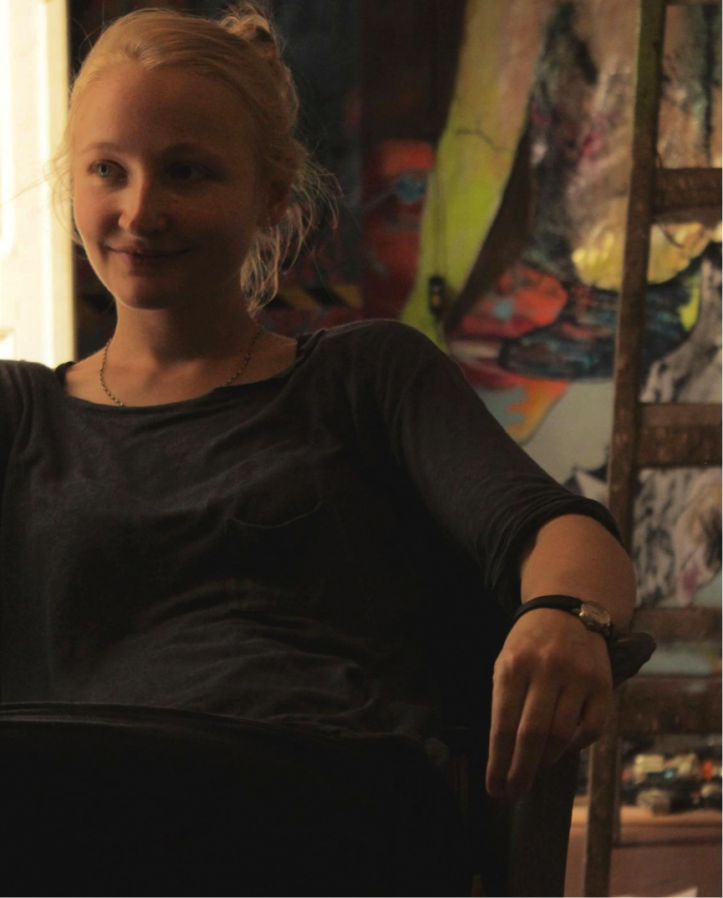
Sophie Frankford is the editor for our popular music column, Bring the Noise. She is a graduate student at the Institute of Social and Cultural Anthropology, University of Oxford. She holds an undergraduate degree in music from King’s College London and a master’s degree in Modern Middle Eastern Studies from Oxford. She is interested in popular music of the Middle East, and her current research focuses on contemporary music in Egypt.

Samuel Lamontagne curates Notes from the Field. He obtained his Anthropology master from EHESS, Paris, and is now a Ph.D. student in ethnomusicology at UCLA. His researches focus on the hip-hop and electronic music scenes in Los Angeles, and on audio-technology in its relation to musicians' creative processes.
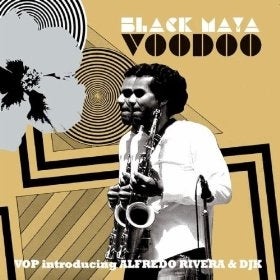
Alfredo Rivera curates Historical Perspectives and is a Ph.D. student in UCLA’s Department of Ethnomusicology. He is a native Angeleno and received his B.A. in Ethnomusicology from the University of California Los Angeles. For his master’s thesis, he wrote about the National Endowment for the Arts Jazz Masters Randy Weston and Pharaoh Sanders collaborative work with Gnawa musicians from Morocco. He is currently working on an oral history of musicians in the Los Angeles jazz scene from 1992 to the present. You can find out more about Alfredo at https://sites.google.com/site/ariveratop/.
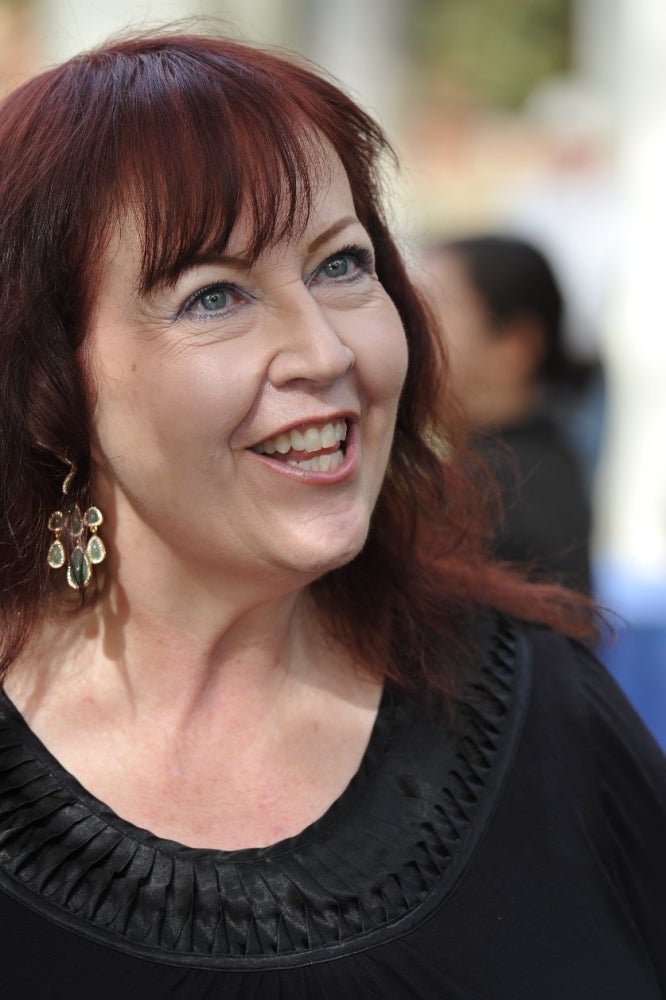
Maureen Russell is an Adjunct Assistant Professor in Ethnomusicology, specializing in audiovisual archiving and information literacy and research skills. In addition, Russell is Head of Cataloging and Archivist at the UCLA Ethnomusicology Archive, one of the largest and oldest ethnographic audiovisual archives in North America. She has written two critically acclaimed books about television and film (Highlander: The Complete Watcher’s Guide. New York, New York: Warner Aspect, 1998 and Days of Our Lives: A Complete History of the Long-running Soap Opera. Jefferson, North Carolina: McFarland, 1995.) Currently, she is the editor for Music Reference Services Quarterly’s “Off the Beaten Path” column (MRSQ is a peer-reviewed journal published by Taylor and Francis) and the editor for Ethnomusicology Review’s “From the Archives” column.





